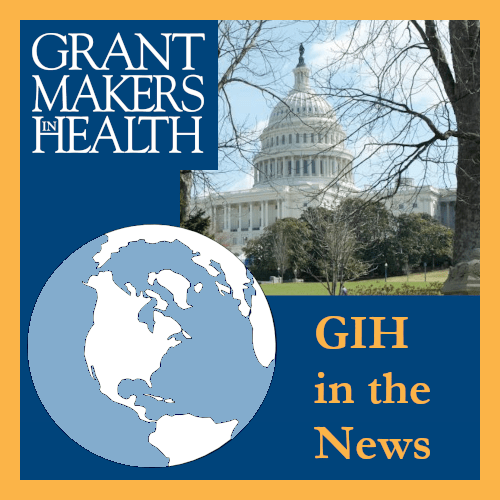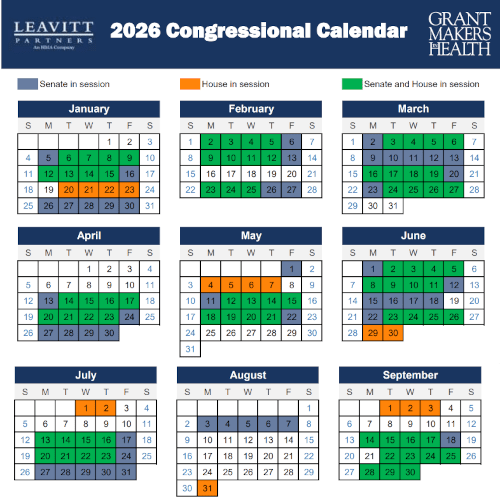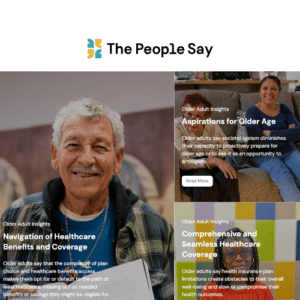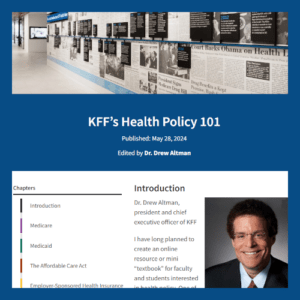Deadlines in Health-Related Executive Orders and Presidential Memoranda
This GIH policy resource details many of the health-related executive orders issued by the administration and includes a calendar of upcoming implementation deadlines.
GIH President and CEO Cara V. James Joined The Rural Impact Podcast for a Conversation about the Intersections of Policy and Philanthropy
On December 4, 2025, Cara V. James, President and CEO of Grantmakers In Health (GIH), was featured in an episode of The Rural Impact podcast. She joined Michelle Rathman, host of The Rural Impact and strategic communications advisor in health care policy, for a conversation on the intersections of policy and philanthropy, challenges with rural health funding, and more. “Policies that are impacting rural communities are…
2026 Congressional Calendar
Developed in collaboration with Leavitt Partners, this calendar tracks when each house of congress will be in session in 2026.
GIH Health Policy Update Newsletter
An Exclusive Resource for Funding Partners
The Health Policy Update is a newsletter produced in collaboration with Leavitt Partnersi and Trust for America’s Health. Drawing on GIH’s policy priorities outlined in our policy agenda and our strategic objective of increasing our policy and advocacy presence, the Health Policy Update provides GIH Funding Partners with a range of federal health policy news.
Philanthropy @ Work – Grants and Programs – July 2024
The latest on grants and programs from the field.
The People Say: A New Older Adult and Caregiver Policy and Research Tool
An online research hub features first-hand insights from older adults and caregivers on the issues most important to them, as well as feedback from experts on policies affecting older adults. The project particularly focuses on the experiences of communities often under-consulted in policymaking, including older adults of color, those who are low income, and/or those who live in rural areas where healthcare isn’t easily accessible.
2024 Call for GIH Board Nominations
Grantmakers In Health, an educational organization serving staff, executives, and trustees of foundations and corporate giving programs working in the health field, is seeking nominations for its board of directors for terms beginning in March 2025.
2024 GIH Annual Conference Attendees Share Their Takeaways
It’s been a month since the 2024 Grantmakers In Health (GIH) Annual Conference on Health Philanthropy, Bold Results Through Courageous Action, and we are excited to report that several attendees have written about their learnings from Portland: GIH meetings and events give important insights into grantmaking and how investments can lead to more equitable health…
KFF Introduces Health Policy 101—A Primer on U.S. Health Policy
KFF launched a new resource —the Health Policy 101 — an online resource or mini “textbook” about health policy for faculty and students. Drew Altman felt the need for a resource like this ages ago, when he was at MIT writing a book on health care regulation and needed a reference with real detail on public programs and health costs. It took a while to produce it but now it’s ready!








